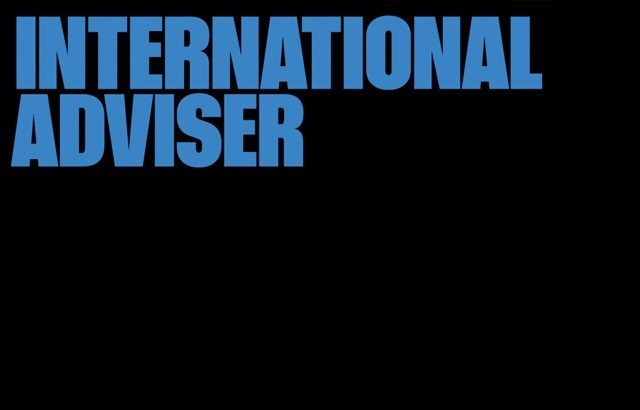According to the 5,100 HNWIs surveyed for the World Wealth Report 2015, on a scale of 1 to 100, the average level of satisfaction with their primary wealth manager was 72.5%.
Released yesterday by RBC Wealth Management and Capgemini, the report shows that wealth continues to grow throughout the world, albeit at a slower rate than in 2013, as does the demand for professional advice – particularly among younger HNWIs, where levels of concern about all aspects of their financial lives are consistently higher than their forebears.
Indeed, the report states that while the preference for seeking professional advice from wealth managers jumped globally from 33.7% in the first quarter of 2014, to 51.9% in Q1 2015, among younger HNWIs, that average was even higher, reaching 53.6%.
But, and there is almost always one, while the scene is set for wealth managers to make a lot of hay under sunny skies in coming years, there is equally a chance that many will miss out altogether because of the significant disconnect apparent between what HNWIs say they want and what concerns them, and what wealth managers think to be the case – particularly in relation to younger HNWIs.
"The rise in importance of younger HNWIs is another such issue, the importance of which cannot really be overstated for wealth managers"
According to the report, 75.7% of wealth managers globally believe they have a good understanding of their clients’ needs, while only 61.2% of younger HNWIs agree.
Indeed, it says, not only are younger HNWIs slightly less satisfied and have less trust and confidence in their primary wealth manager, they also tend to keep a lower percentage of their of assets with their primary manager and, the report notes, view their relationship as primarily with the firm as opposed to the individual wealth manager.
And, as a result of these various factors are more likely to move if they feel their needs are not being met. This is especially the case when it comes to so-called ‘platform needs’, which the report defines as things like: “the range an quality of research and statements, the ubiquity of channels and fee transparency. 80.4% of younger HNWIs admitted they would consider leaving their wealth manager if their ‘platform needs were not being met, compared to 74% of older HNWIs.





